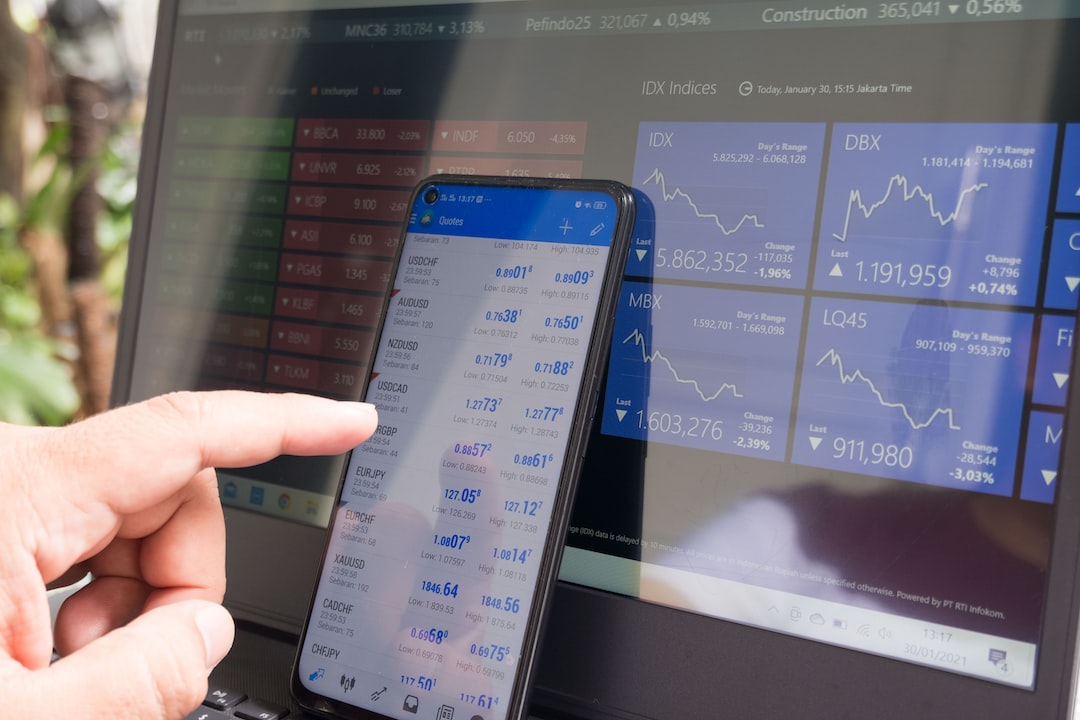Futures trading and forex trading are two popular trading styles that offer traders the opportunity to make profits by speculating on the price movements of various financial instruments. While both futures and forex markets involve trading on margin, there are several key differences between the two.
Futures Trading
Futures trading involves buying and selling contracts that represent an agreement to buy or sell a specific asset at a predetermined price and date in the future. Futures contracts are traded on futures exchanges, and they cover a wide range of assets, including commodities, currencies, and stock market indices.
One of the key advantages of futures trading is the ability to leverage capital. Futures contracts are traded on margin, which means that traders are only required to put up a small percentage of the total contract value as collateral. This allows traders to control a larger position with a smaller amount of capital, which can amplify profits if the trade goes in their favor.
Another advantage of futures trading is the transparency of the market. Futures exchanges have strict regulations and reporting requirements, which makes it easier for traders to access information about market trends and price movements. This can help traders make more informed decisions and manage risk more effectively.
Forex Trading
Forex trading involves buying and selling currencies in the global foreign exchange market. The forex market is the largest and most liquid financial market in the world, with daily trading volume exceeding $5 trillion. Unlike futures trading, forex trading is decentralized, which means that it takes place over-the-counter through a network of banks, brokers, and other financial institutions.
One of the main advantages of forex trading is the high liquidity of the market. Because the forex market is so large and active, traders can enter and exit positions quickly and easily, even with large amounts of capital. This makes it easier to take advantage of short-term price movements and to adjust trading strategies as market conditions change.
Another advantage of forex trading is the availability of leverage. Like futures trading, forex trading is conducted on margin, which allows traders to control larger positions with smaller amounts of capital. This can increase the potential for profits, but it also increases the risk of losses if the trade goes against the trader.
Futures vs Forex: Which is Better?
Deciding between futures trading and forex trading depends on a variety of factors, including trading style, risk tolerance, and market knowledge. Here are some key considerations to keep in mind when choosing between the two:
1. Market Access: Futures markets are more regulated and transparent than forex markets, which can make it easier for traders to access information and make informed decisions. However, forex markets are more liquid and active, which can make it easier to enter and exit positions quickly.
2. Leverage: Both futures and forex trading offer leverage, which allows traders to control larger positions with smaller amounts of capital. However, the high leverage available in both markets can increase the risk of losses if the trade goes against the trader.
3. Trading Style: Futures trading tends to be more focused on long-term trends and fundamental analysis, while forex trading is often more focused on short-term price movements and technical analysis. Traders should choose the market that aligns with their trading style and preferences.
4. Risk Tolerance: Both futures and forex trading involve significant risk, and traders should have a clear understanding of their risk tolerance before entering the market. Futures trading may be more suitable for traders who prefer a lower level of risk, while forex trading may be better suited for those who are comfortable with higher levels of risk.
In conclusion, both futures and forex trading offer opportunities for traders to make profits by speculating on the price movements of various financial instruments. While both markets have their advantages and disadvantages, the choice between the two ultimately depends on individual preferences, risk tolerance, and trading style. Traders should carefully consider these factors before choosing which market to trade in.





